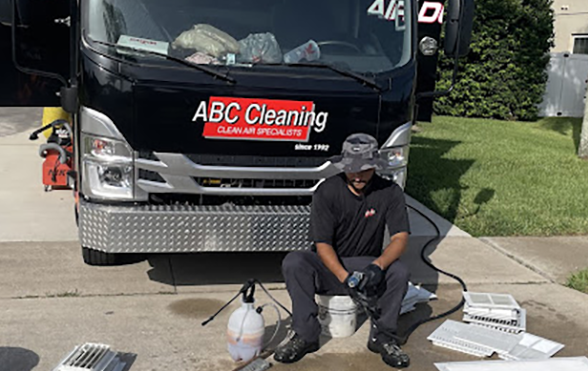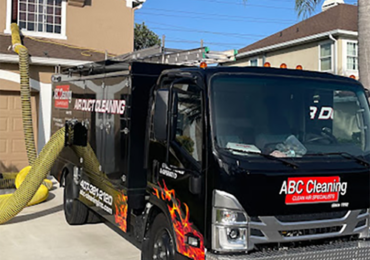When it comes to maintaining a healthy home environment, air duct cleaning in Daytona, FL is often overlooked. Many homeowners don’t realize that the air circulating through their homes can carry dust, allergens, and other pollutants. In fact, the U.S. Environmental Protection Agency (EPA) states that indoor air can be two to five times more polluted than outdoor air. This is why regular air duct cleaning is essential for your well-being.
Did you know that the average six-room home collects about 40 pounds of dust each year? This statistic highlights the importance of regular air duct cleaning. By investing in this service, you can significantly reduce the dust and allergens in your home.
Why Clean Air Ducts Matter
Air ducts serve as the lungs of your home. They circulate air from your heating and cooling systems throughout the house. Over time, dust, dirt, and even mold can accumulate in these ducts. This buildup can lead to a host of problems, including poor air quality and increased energy costs. Additionally, dirty ducts can trigger allergies and respiratory issues. Therefore, regular cleaning is not just an option; it’s a necessity.
Benefits of Air Duct Cleaning in Daytona, FL
- Improved Air Quality: Clean air ducts mean cleaner air. When ducts are free of debris, the air circulating in your home is less likely to contain allergens or pollutants. This can significantly benefit those with allergies or asthma.
- Energy Efficiency: When ducts are clogged with dust and dirt, your HVAC system has to work harder to distribute air. This can increase energy consumption and raise your utility bills. After a professional cleaning, you will likely notice lower energy costs.
- Extended HVAC Lifespan: Regular air duct cleaning can prolong the life of your heating and cooling systems. When your HVAC system doesn’t have to work as hard, it can operate more efficiently. This means fewer repairs and replacements over time.
- Odor Removal: Musty or stale odors in your home may stem from dirty ducts. Cleaning them can eliminate these unpleasant smells, making your home feel fresher.
- Enhanced Comfort: Clean ducts ensure that air flows evenly throughout your home. This can help maintain a more consistent temperature, making your living space more comfortable.
How Often Should You Clean Your Ducts?
Experts recommend cleaning your air ducts every three to five years. However, certain factors can influence this timeline. For example, if you have pets, smoke indoors, or notice significant dust buildup, you may need to clean them more often. Additionally, if you’ve recently renovated your home, it’s wise to schedule a cleaning to remove any construction debris.
The Air Duct Cleaning Process
So, what does air duct cleaning involve? Here’s a brief overview of the process:
- Inspection: Professionals will first inspect your ducts to assess their condition. This helps identify any specific issues that need addressing.
- Preparation: Before cleaning, technicians will cover vents and register openings to prevent dust from spreading throughout your home.
- Cleaning: Using specialized equipment, technicians will remove dust, dirt, and debris from the ducts. This often involves powerful vacuums and brushes designed specifically for duct cleaning.
- Post-Cleaning Inspection: After cleaning, a final inspection is essential to ensure that all ducts are free of debris and to check for any potential issues.
Choosing the Right Cleaning Service
When selecting a cleaning service, look for a company with a good reputation. Check online reviews and ask for recommendations. Ensure that the company follows industry standards. The National Air Duct Cleaners Association (NADCA) is a great resource for finding qualified professionals.
Conclusion
In summary, air duct cleaning is vital for maintaining a healthy and comfortable living environment. It improves air quality, increases energy efficiency, and enhances your HVAC system’s lifespan. If you haven’t had your ducts cleaned in a while, consider scheduling a professional service. Your home—and your health—will thank you.
For more information on air quality and cleaning, check out resources from the EPA, NADCA, and CDC.



